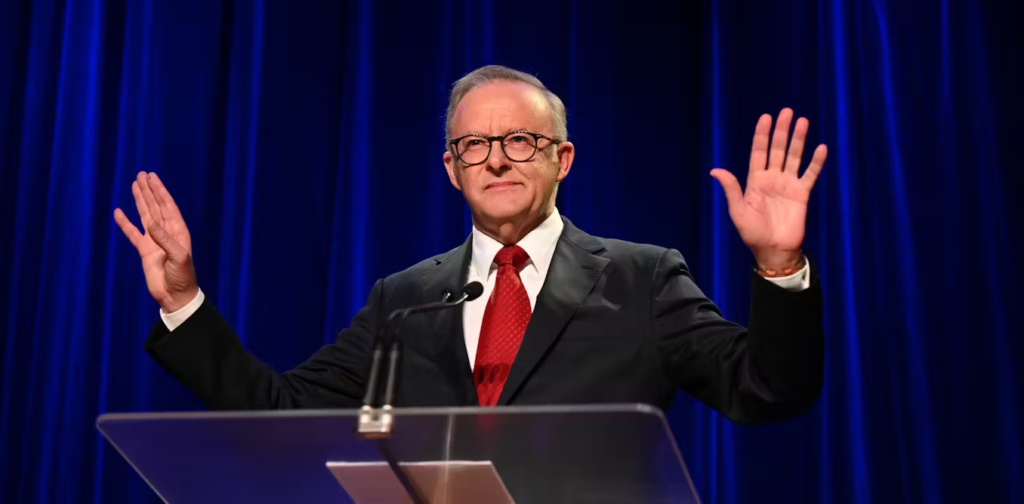Introduction
The “Trump slump” — a term originally coined to describe dwindling support for Donald Trump-style populism in the U.S. — is now echoing globally. With Canada’s Conservative Party stumbling in recent polls and Australia’s Liberal Party suffering a dramatic defeat in the latest federal elections, conservatives worldwide are growing increasingly concerned. Is the Trump brand of politics becoming toxic outside of the United States? Let’s explore the top 5 signs suggesting the slump is spreading.

1. Canadian Conservatives Losing Their Edge
Once confident in their path to power, Canada’s Conservative Party, led by Pierre Poilievre, is now facing unexpected headwinds. Despite economic anxiety and public dissatisfaction, voters appear to be leaning left, resonating more with center-progressive messaging. Analysts cite Poilievre’s Trump-like rhetoric — anti-elite, anti-media, anti-government — as a key reason moderates are turning away.
Recent polls show a resurgence of support for the Liberal Party under Justin Trudeau, defying earlier predictions of a Conservative sweep in 2025. [Source]
2. Australia’s Liberal Party Faces a Crushing Defeat
Down under, the Liberal Party — Australia’s main conservative force — suffered one of its worst electoral defeats in decades. Critics point to leader Peter Dutton’s hardline stance on immigration and climate change as out of step with a more centrist and younger electorate. The Labor Party capitalized on this, sweeping key urban districts and retaining a strong parliamentary majority.
Some within the party are calling for a “post-Trump conservative reset” to remain viable in a changing Australia. [Source]
3. Voter Fatigue with Populist Rhetoric
Across Western democracies, voters are increasingly showing signs of fatigue with populist slogans and polarizing rhetoric. While this style energized conservative bases in the late 2010s, recent elections indicate a growing demand for pragmatism, policy clarity, and inclusive governance.
In both Canada and Australia, the swing votes came from suburban areas where voters are tired of cultural wars and want practical solutions — housing, healthcare, and climate action top their concerns.
4. Trump’s Declining Influence Abroad
Donald Trump’s global political cachet has weakened. International conservative leaders once keen to emulate his tactics now face backlash when they do. Trump-endorsed or Trump-style politicians abroad are being rejected by electorates seeking stability over spectacle.
This decline is not limited to English-speaking countries. European far-right parties are also losing momentum, reflecting a broader rebalancing of political ideology post-COVID and amid global economic instability.
5. A Rebranding Push Within Conservative Movements
Recognizing the shift, conservative parties are quietly beginning to rebrand. In Australia, some Liberal MPs are calling for greener policies and more inclusive messaging. In Canada, Poilievre’s advisors are reportedly encouraging him to soften his image and distance himself from aggressive partisan tactics.
This reflects a deeper understanding: the Trump era may have energized a base, but it alienated centrists — the key to winning elections in most parliamentary democracies.
Conclusion
The signs are clear: the Trump slump is no longer confined to the U.S. From Canada to Australia, conservative parties are grappling with voter rejection of hardline populism. As electoral defeats pile up, it’s becoming evident that the Trump effect may now be a liability rather than an asset abroad.
Will conservative leaders adapt or continue down a losing path? The coming elections in the UK and Europe may offer the next chapter in this political realignment. For more updates on global political shifts, check out our international politics section.









